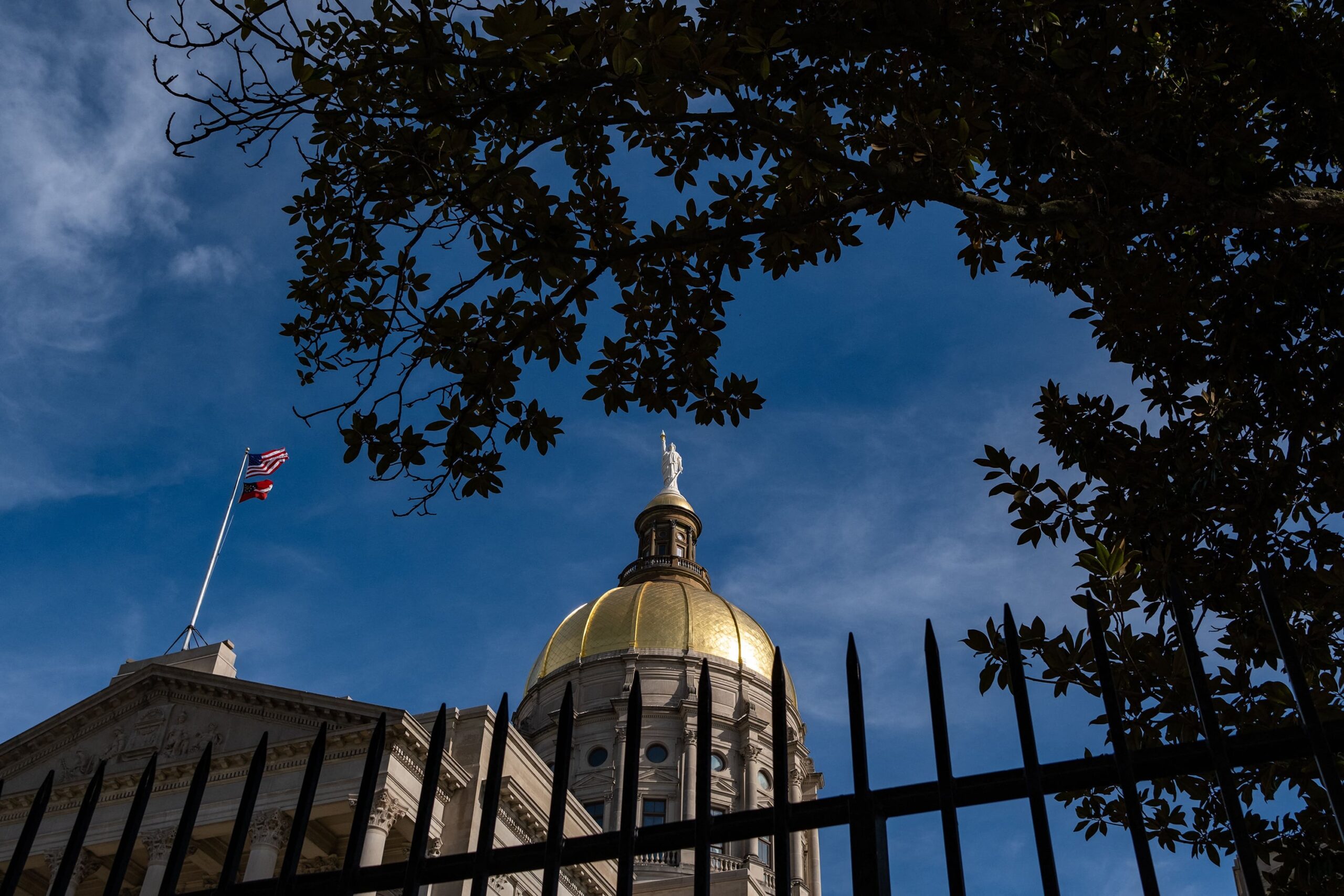According to analysis from Brown University, 37 nursing homes in Georgia are at an increased risk of closing as a result of the bill, according to U.S. Senator Jon Ossoff, the Democratic Party of Georgia, state lawmakers, and others.
Independent public health studies have raised concerns that dozens of Georgia nursing facilities may be in financial danger at a time when 70% of seniors in nursing homes are covered by Medicaid, according to Ossoff.
Lawmakers presented a terrifying image of nursing home residents in the state Capitol.
State Representative Bryce Berry, a Democrat from Atlanta, stated, “This is about our elders being evicted from the places they call home.” People are being evicted from their sole source of origin. It involves elders being cut off from their community, their caregivers, and frequently, the only remaining family members.
The Brown study’s researchers say it’s important to communicate their work properly. According to them, their results were not intended to imply that the nursing homes they identified will necessarily or right away close. Rather, they claim that the new rule increases the likelihood that those particular homes, which are already at risk, will close in the upcoming years.
Spared in cuts
Nursing homes were in fact on the chopping block when talks on the One Big Beautiful Bill, a government spending bill, started in Washington. However, the most drastic cuts were avoided for nursing homes thanks to lobbying efforts.
In the final language of the measure, nursing homes fared better than the others.
A Biden administration rule requiring care homes to increase their personnel expenditures was halted by the time Trump signed the law. Medicaid approval became more difficult, but only somewhat more difficult for nursing homes.
Most significantly, a federal Medicaid funding source known as the provider tax was frozen for nursing homes but reduced for hospitals.
“That’s a big victory,” Downing added.
Complex impacts
The Brown University analysis, which focused on the version of the bill before the Senate eliminated some of the most significant cutbacks suggested by the House, is deemed out of date by lobbyists for the nursing care business.
The authors of the report disagree, claiming that the emphasis is on more extensive cuts to state Medicaid spending. In addition to predicting that states would not be able to keep up with inflation as they adjust nursing facility Medicaid funding rates annually, the overall Medicaid cuts will require states to make difficult decisions about how to spend a smaller pot of federal funds.
Republican congressional districts have the bulk of the Georgia properties on the list identified as being at risk.
When asked if he believed the state will continue to raise Medicaid funding for nursing homes by the same amount in the years to come as if the bill had not been passed, Downing cited the state’s healthy budget surplus and the legislative success of nursing homes.
“I anticipate that this bill will have very little impact,” he remarked.
He claimed that because the legislation is still in the early stages of development, people are making assumptions and allegations that are just too premature.






